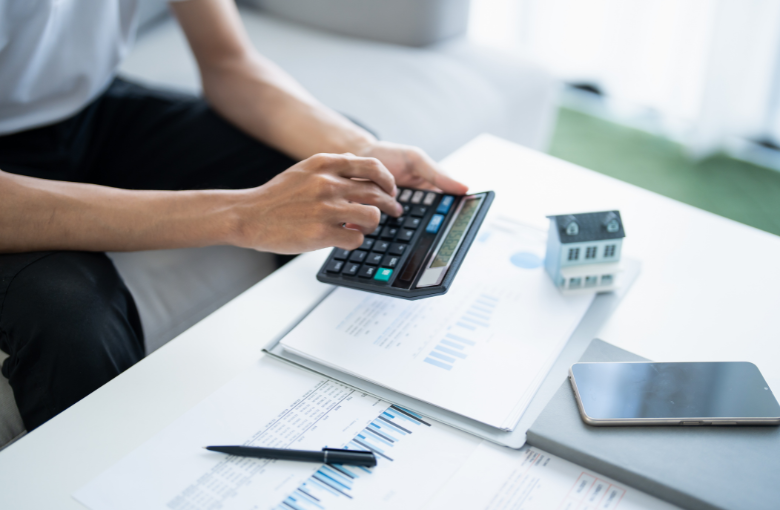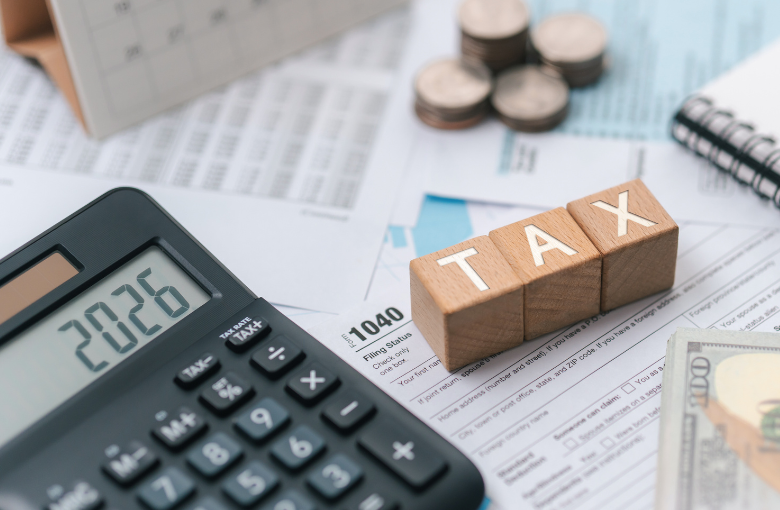Tax preparation is a lucrative and in-demand career, especially during tax season. With the constant changes in tax laws and regulations, it is important for tax preparers to have the necessary education and training to provide accurate and efficient services to their clients. In this article, we will discuss the different educational paths to becoming a tax preparer, including courses and certifications.
Courses
One of the most common ways to become a tax preparer is by taking courses specifically designed for tax preparation. These courses are offered by various institutions, such as community colleges, vocational schools, and online platforms. They cover topics such as tax laws, deductions, and credits, as well as tax preparation software and techniques. Some courses also offer hands-on training and practice in preparing tax returns. It is important to choose a course that is accredited and recognized by the IRS, such as the Republic Bank Tax Preparer Training program.

Certifications
Certifications are another way to gain the necessary knowledge and skills to become a tax preparer. These certifications are offered by professional organizations, such as the National Association of Tax Professionals (NATP) and the National Society of Accountants (NSA). They require individuals to pass an exam and meet certain education and experience requirements. These certifications not only provide credibility and recognition, but also require continuing education to ensure tax preparers stay up-to-date with the latest tax laws and regulations.
For individuals aiming to pursue a career as tax professionals, specialized training programs provide a pathway to essential skills. The Universal Accounting Center offers a Professional Tax Preparer certification course, which can be successfully completed within a timeframe of 4 to 6 weeks. The course not only imparts knowledge but also includes coaching sessions and regular peer conferences, making it particularly advantageous for individuals with aspirations to establish their own tax preparation businesses.
Your business is an asset. You should know its value and understand how to maximize it.
On-the-Job Training
Some tax preparation firms offer on-the-job training for individuals interested in becoming tax preparers. This type of training allows individuals to gain hands-on experience and learn from experienced tax preparers. However, it is important to note that on-the-job training may not cover all aspects of tax preparation and may not be recognized by the IRS as a valid form of education for tax preparers.

Self-Study
For individuals who prefer to learn at their own pace, self-study is also an option for becoming a tax preparer. This involves studying tax laws and regulations on your own and practicing with tax preparation software. While this method may be more flexible, it is important to ensure that the materials being studied are up-to-date and accurate.
News
On January 19, 2024, the House Ways and Means Committee approved the Tax Relief for American Families and Workers Act of 2024 with a 40-3 vote. The bill, focusing on business-friendly provisions, includes increases in the child tax credit, extends bonus depreciation through 2025, and delays the amortization of research and experimentation expenditures. Retroactively applicable to prior tax years, the legislation aims to reach President Biden before the 2023 filing season, though potential scheduling challenges in Congress remain. Notably, the bill addresses fraudulent claims related to the Employee Retention Tax Credit by introducing measures such as increased penalties and terminating the claims period on January 31, 2024.
Tax Preparer Training Manual PDF
Another option for self-study is using a tax preparer training manual in PDF format. These manuals provide comprehensive information on tax laws and regulations, as well as step-by-step instructions on how to prepare tax returns. They are often used in conjunction with tax preparation software and can be a cost-effective way to gain the necessary knowledge and skills to become a tax preparer.

Conclusion
In conclusion, there are various educational paths to becoming a tax preparer, including courses, certifications, on-the-job training, and self-study. It is important to choose a reputable and recognized program to ensure that you are equipped with the necessary knowledge and skills to provide accurate and efficient tax preparation services to your clients. Have you taken any of these educational paths to become a tax preparer? Let us know in the comments.









